Have you ever found yourself singing along to a hymn in church and wondered about its origins? Or perhaps you’ve come across a modern worship song and wondered how it fits into the rich tapestry of biblical songs throughout history. Whether you’re a fan of old hymns or prefer contemporary worship music, it’s fascinating to explore the diverse range of songs that have been inspired by the Bible over the centuries.
In this article, we will delve into the world of biblical songs and their significance across different eras. We’ll explore the timeless beauty of traditional hymns that have been passed down through generations, as well as the vibrant and dynamic worship songs that have emerged in recent years. From classic hymns like “Amazing Grace” to modern anthems like “10,000 Reasons,” there is a rich variety of biblical songs to be enjoyed and celebrated. So, whether you find solace in the familiar tunes of the past or seek connection through contemporary worship, join us on this musical journey as we embrace the old and the new in biblical songs.
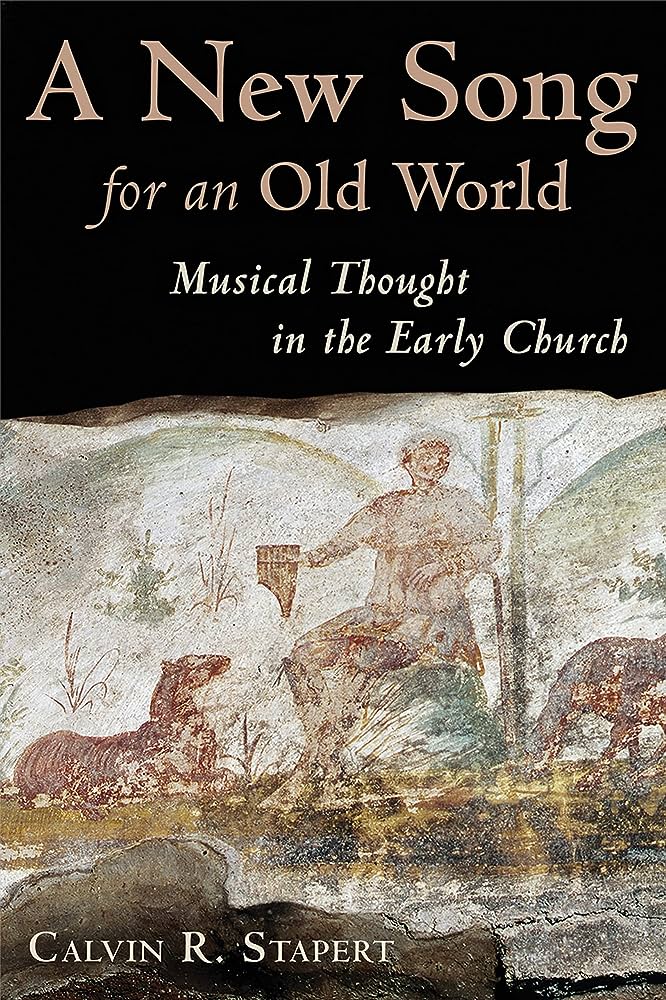
This image is property of Amazon.com.
The Importance of Singing Biblical Songs
When it comes to worship, music plays a crucial role in connecting believers with God. Throughout history, singing biblical songs has served as a powerful means of expressing faith, praise, and worship. These songs not only connect us with the past but also preserve our cultural and historical identity. In this article, we will explore the richness of both old and new testament songs, the benefits they bring to our worship experience, and the challenges we must overcome in embracing them.
Connecting with the Past Through Music
Music has the unique ability to transport us back in time and connect us with the experiences of those who have gone before us. When we sing biblical songs, we enter into the world of ancient Israelites, early Christians, and other faithful worshippers throughout history. We experience their joys, triumphs, and even their sorrows as we engage with the songs they penned.
Preserving Cultural and Historical Identity
Just as music connects us with the past, it also helps to preserve our cultural and historical identity. The songs found in the Old and New Testaments reflect the beliefs, values, and experiences of those who composed them. By singing these songs, we participate in the rich tapestry of our Christian heritage and ensure that the cultural and historical aspects of our faith are passed down to future generations.
Exploring the Richness of Old Testament Songs
The Old Testament is a treasure trove of songs that encompass a wide range of emotions and themes. From the Psalms, which serve as a tapestry of human emotions, to the songs of victory in Exodus and the triumphant Song of Deborah, there is something for every season of life and every aspect of our relationship with God.
The Psalms: A Tapestry of Emotions
The Psalms are a collection of songs that reflect the full range of human emotions. They express deep joy, profound sorrow, intense anger, and unwavering trust in God. By singing the Psalms, we are able to connect with the hearts of the psalmists and find solace and inspiration in their words.
Proclaiming God’s Faithfulness in Exodus Songs
The songs found in the book of Exodus celebrate God’s faithfulness and deliverance. The Song of Moses and Miriam, for example, commemorates the Israelites’ liberation from slavery in Egypt and the crossing of the Red Sea. These songs serve as a reminder of God’s faithfulness in our own lives and encourage us to proclaim His goodness and power.
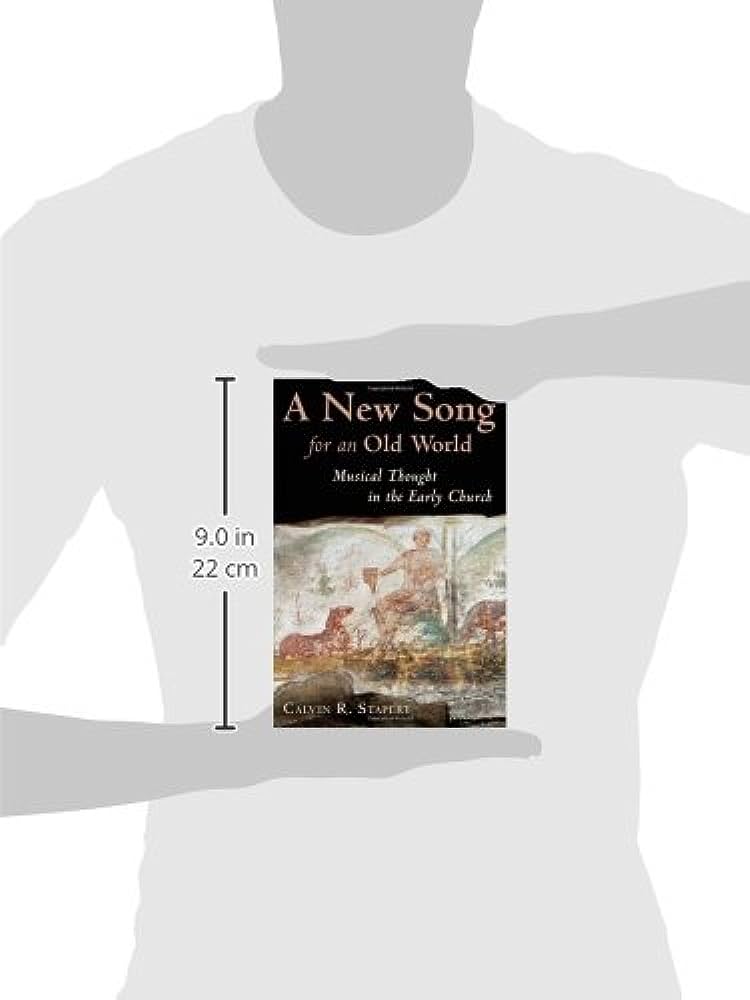
This image is property of Amazon.com.
Celebrating Victory in the Song of Deborah
The Song of Deborah, found in the book of Judges, is a hymn of victory following Israel’s triumph over their enemies. It not only celebrates the military success but also highlights the role of women in leadership. By singing this song, we are reminded of the importance of celebrating victories in our own lives and acknowledging the contributions of all members of the faith community.
Uncovering the Meaning Behind New Testament Hymns and Songs
While the Old Testament holds a wealth of musical treasures, the New Testament also contains hymns and songs that offer unique insights into the birth, life, death, and resurrection of Jesus Christ. These songs, such as the Magnificat and the Hymn of Christ’s Humility in Philippians, help us to delve deeper into the significance of these events and rejoice in the truth they represent.
The Magnificat: Mary’s Song of Praise
The Magnificat, also known as Mary’s Song, is a powerful expression of praise and gratitude. As we sing Mary’s words, we are reminded of God’s faithfulness and His ability to bring about His promises. This song enables us to enter into Mary’s experience and marvel at the miracle of Christ’s incarnation.
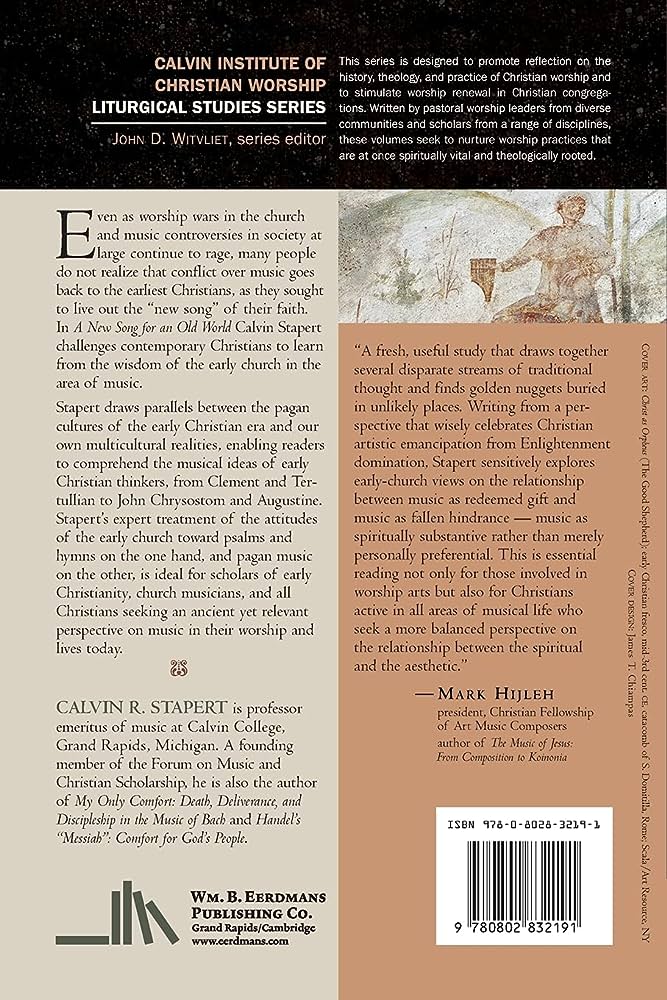
This image is property of Amazon.com.
The Hymn of Christ’s Humility in Philippians
In the book of Philippians, we find a hymn that highlights the humility of Christ in His incarnation, crucifixion, and exaltation. By singing this hymn, we not only celebrate the redemptive work of Christ but also learn the importance of humility in our own lives. It serves as a reminder that true greatness is found in selfless service to others.
Rejoicing in the Risen Savior with the Early Christian Hymns
The early Christian communities had their own hymns and songs that celebrated the resurrection of Jesus Christ. These hymns, found in the New Testament, encourage us to rejoice and worship in light of Christ’s victory over sin and death. By singing these ancient hymns, we are connected with the early church and reminded of the transformative power of the resurrection in our lives.
Adapting Biblical Songs for Modern Worship
While the ancient biblical songs hold immense value, it is essential to adapt them for modern worship contexts. Translating ancient texts for contemporary contexts allows us to connect with the timeless truths they convey. Reviving traditional melodies with modern arrangements adds a fresh and vibrant element to our worship. Additionally, adding new songs to the church’s repertoire expands our musical expressions of faith and creates a more inclusive worship experience.
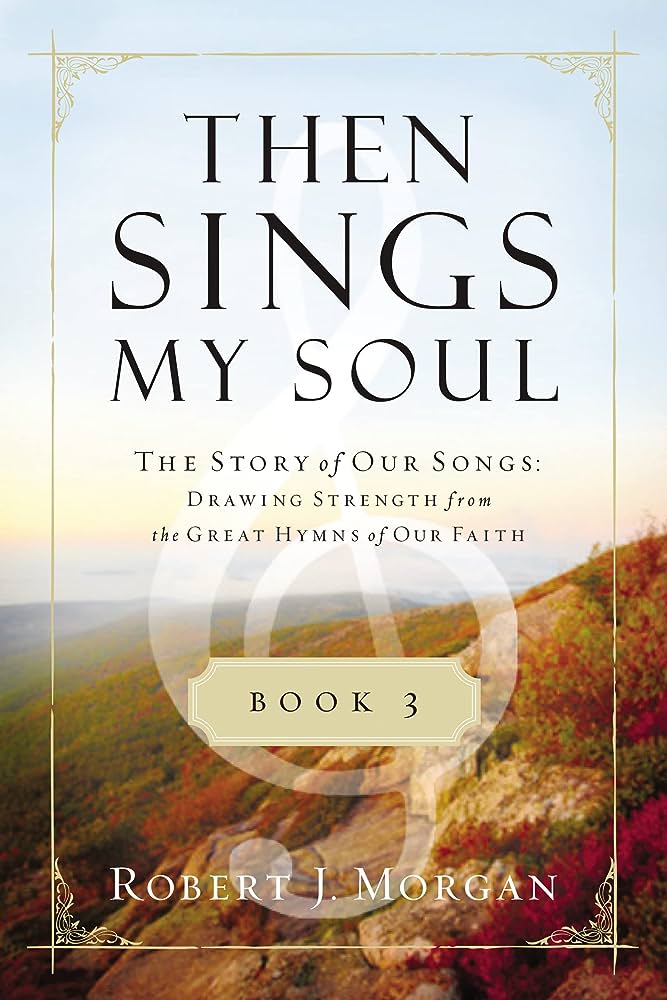
This image is property of Amazon.com.
Translating Ancient Texts for Contemporary Contexts
As language and cultural contexts evolve, it is crucial to translate ancient texts to ensure their relevance and accessibility. This allows worshippers to connect more deeply with the lyrics and meanings behind the songs. By carefully translating and updating biblical songs, we bridge the gap between the past and the present, making them more accessible to a wider audience.
Reviving Traditional Melodies with Modern Arrangements
Traditional melodies can be revived and given new life through modern arrangements. By infusing these timeless melodies with contemporary musical elements, we can create a worship experience that resonates with the present generation while honoring the heritage of the past. This blending of old and new breathes fresh life into familiar songs, making them relevant and engaging for all.
Adding New Songs to the Church’s Repertoire
While it is essential to honor our heritage by singing old songs, it is equally important to embrace new songs that reflect the diversity and creativity of the present generation. By adding new songs to the church’s repertoire, we create space for fresh expressions of worship and expand our understanding of God’s character and work. This blend of old and new creates a balanced and diverse worship experience that speaks to the hearts of believers from all walks of life.
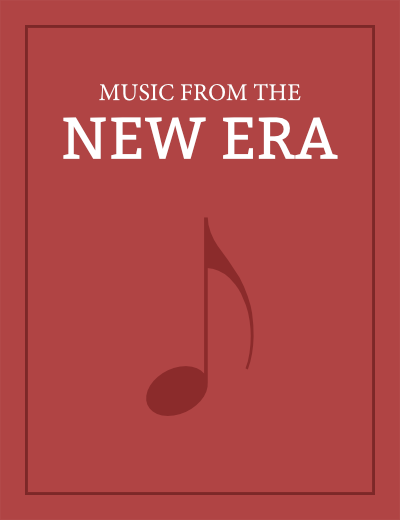
This image is property of singpraises.net.
Benefits of Singing Both Old and New Biblical Songs
Singing a combination of old and new biblical songs brings numerous benefits to our worship experience.
Fostering Connection with God Across Generations
When we sing both old and new biblical songs, we bridge the gap between generations and foster a sense of unity and connection. By engaging with the songs that have been cherished by previous generations, we enter into a lineage of faith that stretches back centuries. Simultaneously, embracing new songs allows younger generations to express their faith in a way that resonates with their experiences.
Gaining Wisdom from the Past to Inform the Present
The songs of the past carry with them a depth of wisdom and understanding that can inform our present worship. By singing the songs of old, we learn from the struggles and triumphs of our spiritual ancestors. This wisdom enriches our own faith journey and shapes us into more thoughtful and discerning worshippers.
Maintaining a Balanced and Diverse Worship Experience
Incorporating both old and new biblical songs into our worship services allows us to experience the richness and diversity of God’s character. By drawing from a broad range of musical expressions, we ensure that our worship is not limited to a single era or style. This balanced and diverse approach represents the breadth of the Christian faith and creates a space for all believers to engage and connect with God.
Overcoming Challenges in Embracing Biblical Songs of Every Era
While the embrace of biblical songs from every era brings numerous benefits, it also presents challenges that must be addressed.
Navigating Differences in Musical Styles and Preferences
Worship styles and musical preferences can vary greatly among individuals and congregations. When incorporating both old and new biblical songs, it is vital to navigate these differences with grace and respect. By fostering a spirit of unity and open-mindedness, we can create a worship experience that embraces diversity while staying focused on the central message of the songs we sing.
Addressing Language Barriers and Cultural Contexts
The cultural and linguistic diversity within the body of Christ can pose challenges when it comes to singing biblical songs from different eras. It is important to address these barriers by providing translations, explanations, and resources that enable worshippers to fully engage with the songs. By doing so, we create an inclusive worship environment that celebrates the richness of our global Christian family.
Ensuring Authenticity and Scriptural Integrity
When adapting and translating biblical songs, it is crucial to ensure authenticity and scriptural integrity. The original intent and meaning of the songs must be preserved while allowing for creative expression. By drawing from biblical scholarship, consulting with theologians, and seeking the guidance of the Holy Spirit, we can ensure that the songs we sing accurately reflect the timeless truths of Scripture.
The Role of Worship Leaders in Promoting the Singing of Old and New Biblical Songs
Worship leaders play a vital role in promoting the singing of old and new biblical songs within the church. They have the ability to educate congregations about the importance of variety in worship, encourage active participation and engagement, and provide guidance and resources for incorporating different styles.
Educating Congregations about the Importance of Variety
Worship leaders can help congregations understand the importance of embracing both old and new biblical songs. Through teaching and communication, they can highlight the value of connecting with the past, preserving cultural and historical identity, and experiencing the diversity of God’s character through worship.
Encouraging Active Participation and Engagement in Worship
Worship leaders have the ability to create an environment that encourages active participation and engagement in worship. By leading with passion and authenticity, they inspire worshippers to lift their voices and hearts in praise. Additionally, they can incorporate elements such as responsive readings, call and response, and interactive worship practices that invite congregational involvement.
Providing Guidance and Resources for Incorporating Different Styles
Worship leaders can provide guidance and resources to help congregations incorporate different styles of music in their worship services. This can include recommending hymnals, songbooks, and online resources that contain a diverse range of biblical songs. By curating a repertoire that represents different eras, styles, and cultural contexts, worship leaders create opportunities for the congregation to experience the richness and beauty of the songs throughout history.
Conclusion
Singing the old and the new biblical songs is a vibrant and essential aspect of our worship experience. As we engage with the songs of the past and embrace the creative expressions of the present, we celebrate the timeless message of God’s faithfulness and grace. Through unity and diversity, we find ourselves captivated by the beauty of biblical songs from every era, forging a deep connection with God and one another. So, let us lift our voices and embrace the fullness of this musical heritage, uniting the past, present, and future in our worship.







